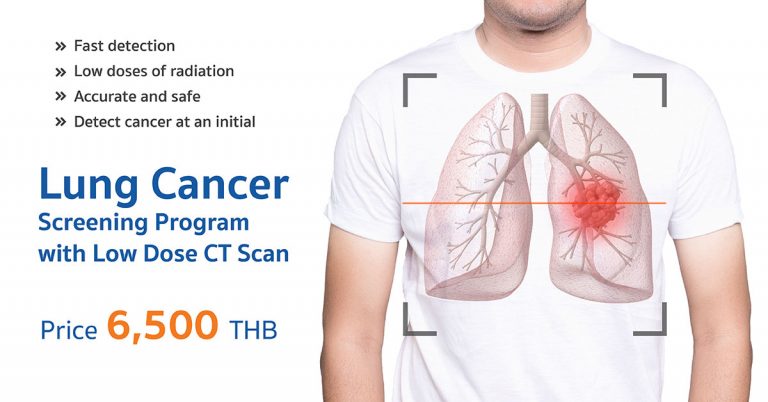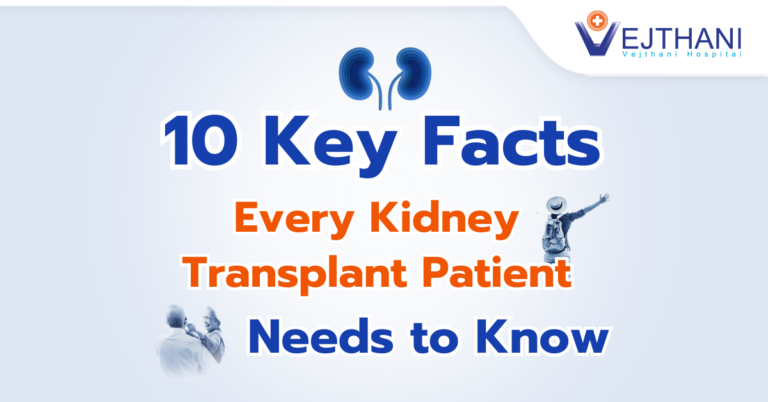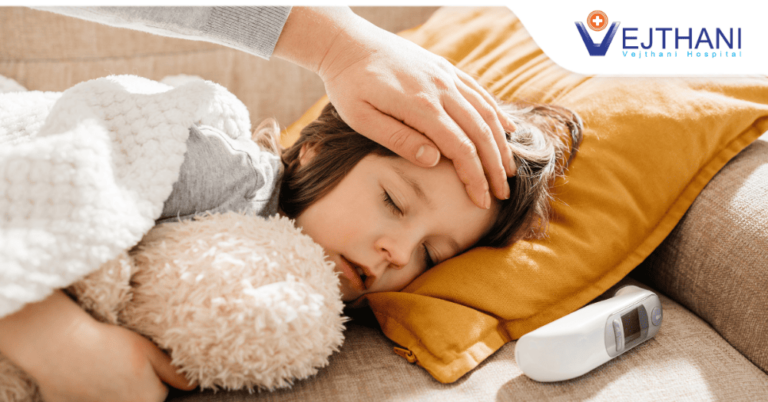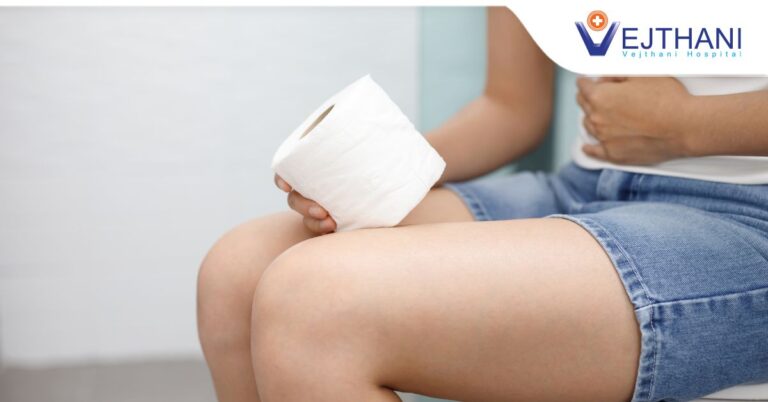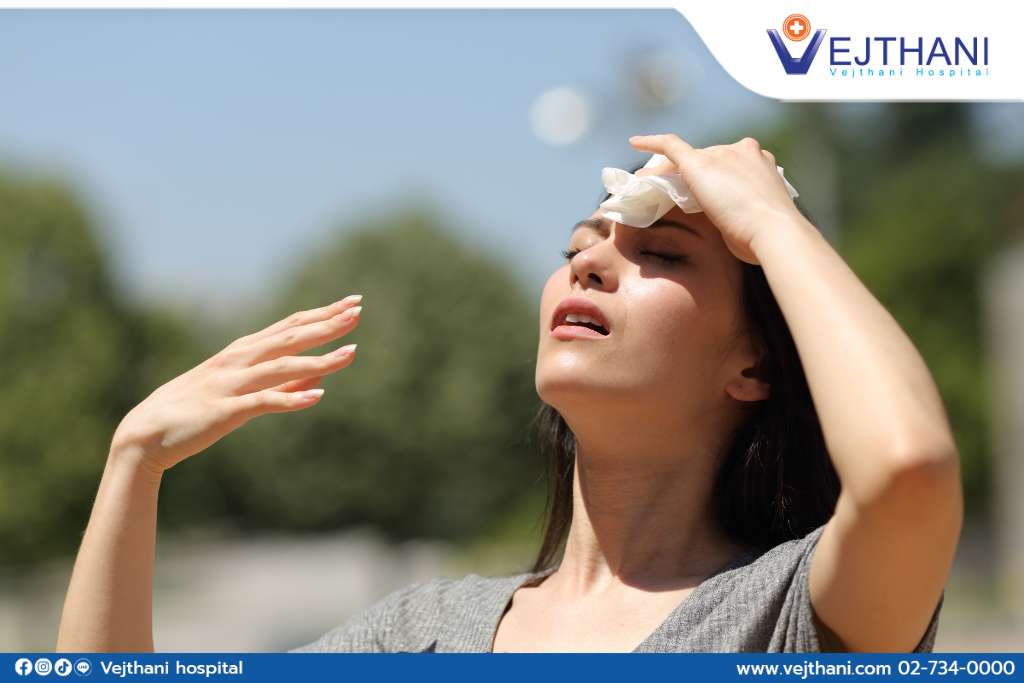

As the sweltering heat of summer intensifies, so does the risk of heatstroke. This medical emergency arises when the body’s temperature regulation system fails, leading to dangerously high core temperatures. If left untreated, heatstroke can have severe consequences, even leading to death.
Heatstroke is the most common condition during the summer due to excessive heat exposure. This extreme heat causes the body temperature to rise to a dangerous level, over 40 degrees Celsius. The body cannot adjust and control the internal temperature, which disrupts the blood circulatory and neurological systems.
When the body temperature rises uncontrollably, it begins to experience unusual symptoms that may include no perspiration despite sweltering weather. Feeling incredibly thirsty, blackout, headache, agitation, tiredness, anxiety, nausea, vomiting, racing heartbeat, panting, and red skin. When these signs appear, stop and take a break immediately, and drink plenty of water to stay hydrated. Nonetheless, heatstroke can be treated initially to reduce the body temperature. Bring the patient to a cool, shaded area with good air circulation and have them lie down. Elevate the legs and hips, loosen the clothes, and remove unnecessary items. Use a cooling fan and a damp towel to pat on the neck, underarms, and head. Pour cold water onto the body to quickly lower the body temperature. Then, bring the patient to the hospital right away. It is essential not to overlook the symptoms as they may result in severe heat cramps, seizures, cardiac arrest, and even death.
Older adults, children, those with sleep deprivation, intoxicated people, individuals who work in hot and humid environments, athletes, and those with underlying health conditions like obesity, heart disease, and hypertension are primarily at risk of having a heatstroke.
The best course of action for heatstroke is to stay indoors during the highest temperature outside and avoid going under the sun. If possible, schedule outdoor activities for early mornings or evenings. Steer clear of beverages that can cause dehydration, such as caffeinated drinks like beer, liquor, and coffee, as they can cause a heavy loss of fluid from the body through urine. Children, older adults, and those with underlying health conditions should be extra cautious in extreme heat and avoid being alone. Ensure to drink enough water throughout the day, especially two to four cups per hour while working out or during heavy physical activities. Wear loose-fitting clothing that allows airflow. If you must spend significant time outside, use a protective hat and sunglasses. Heatstroke can be easily prevented by maintaining a healthy lifestyle and adhering to the recommended preventive measures.
For more information, contact
Internal Medicine Center, Vejthani Hospital
Call 02-7340000 or Ext. 2200
English Hotline: (+66)8-522 3888
- Readers Rating
- Rated 5 stars
5 / 5 ( Reviewers) - Spectacular
- Your Rating





















